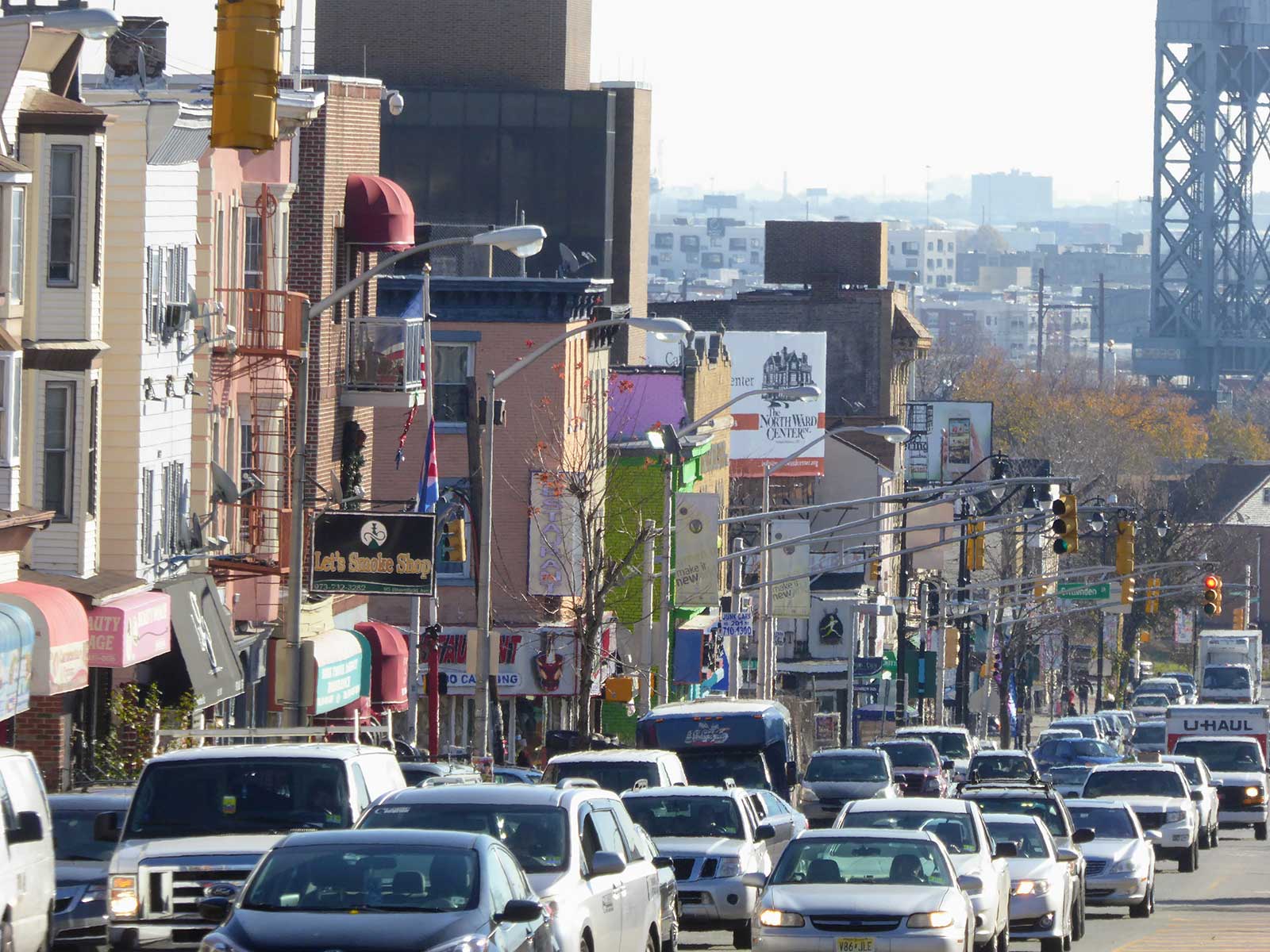
The battle over the changes to Newark’s zoning laws gave residents a few compelling story lines. One such showdown included Damon Rich, who won prestigious awards for his time as Newark’s planner. Many surmised that Rich, now as co-founder of design studio HECTOR, had entered the ring to protect his work of art. Not so, Rich said.
“I would hate to disappoint anyone,” said Rich, reminding Jersey Digs that he worked for Baraka in the mayor’s first year in office. “It was not out of any personal motivation.”
This was about policy, plain and simple, and Rich, who was hired by South Ward Environmental Alliance, believes that the city’s decision to upzone its commercial boulevards — allowing significantly taller buildings with more apartments — may not produce the intended result of making the city more affordable.
“The connection is not a direct one and not a fast one,” Rich said.
There is an unshakable dogma among certain YIMBY planners and developers that the nation’s housing affordability crisis is driven by a shortage in supply alone. Build more homes, prices will fall. That opinion was heard from many of the speakers at the council meeting on November 1, when the controversial zoning changes were approved with a 4-3 vote.
“The law of supply and demand applies here in Newark when we are specifically discussing housing costs,” said Daniel McIver, who works for a real-estate developer IRPC, Inc. “And we believe more cities should consider allowing increased density, within reason, for the neighborhoods they occupy.”
But some housing advocates are more skeptical of the claim. “Almost every day I read a new article about this theory,” said John Goldstein of Homes for All Newark. “I don’t think there is any evidence that a city has created more affordable housing without being extremely intentional about it.”
Goldstein believes this policy ultimately benefits corporations and believes that’s why it has become so entrenched in Newark, where corporations have a stranglehold on the local real estate industry. “It’s been spreading like wildfire fanned by corporate owners,” Goldstein said.
What gets lost in the affordability debate is the concept of market segmentation, Rich said. Simply flooding a city with luxury rentals is not going to make prices plummet for low-income renters.
“If you’re looking for an apartment that costs $4,000 and up, you’re in a totally different market than the people who can pay $1,000,” Rich said.
Developers argue that even luxury apartments benefit a city’s entire population when inclusionary zoning is enforced. That’s when a percentage of units are set aside for lower rents. For instance, in the new Iconique 777 building, where rents can go for more than $4,000, 20 percent of the units were reserved for renters who will pay a fraction of that price, with some studios going for around $1,000.
Still, the formula that property owners use to calculate the price of “affordable” units — they use the area median income of the entire county, which is skewed by Essex County’s many wealthy suburbs — doesn’t always put them within reach of Newarkers, more than a quarter of whom live below the poverty line, Rich said.
“I’m supportive of inclusionary zoning, but I think it can’t be the only answer to the housing challenges that we have,” Rich continued.